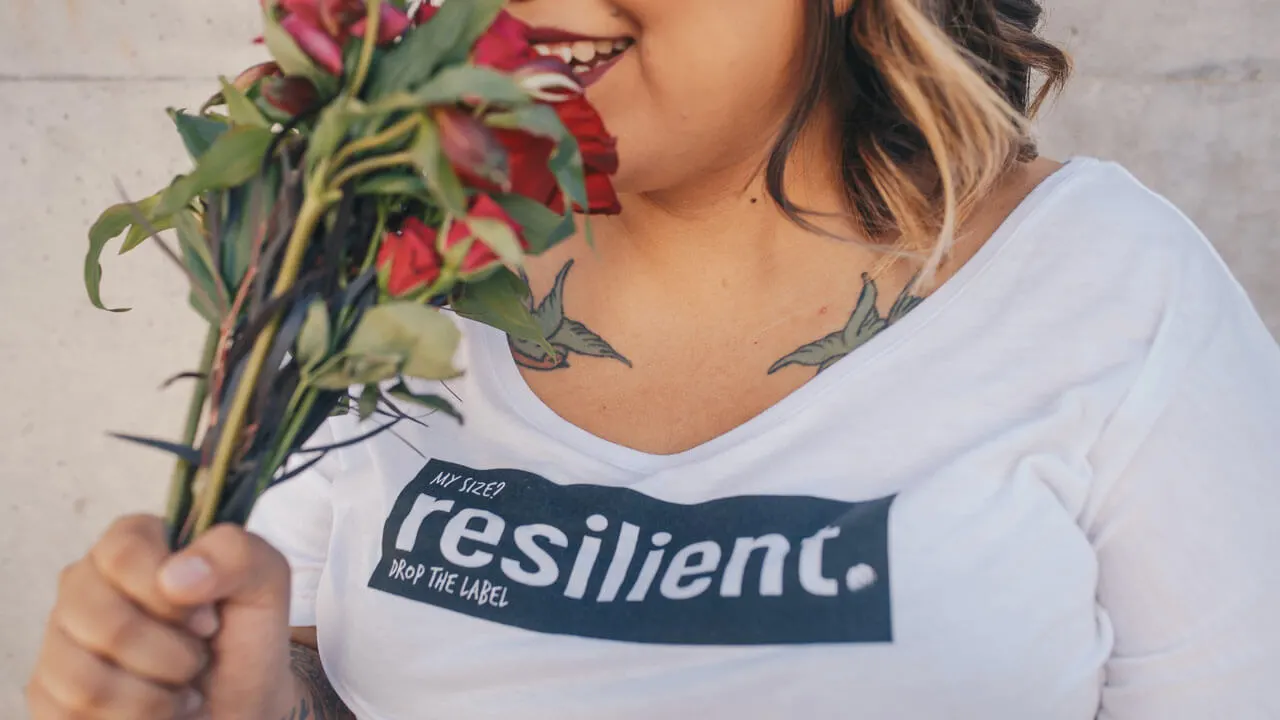5 Myths About Self-Love That Are Keeping You Stuck
We’ve all heard it: “Just love yourself.” It sounds simple—empowering, even. But for most of us, especially if we’ve spent years feeling not-good-enough, it’s not that easy.
In fact, some of the most common messages about self-love can actually keep you stuck. If you’ve ever tried to love yourself but felt like you were failing at it, you’re not alone. Chances are, you’ve been sold one of these myths:
1. Self-Love Means Always Feeling Good About Yourself
Nope. Self-love isn’t about walking around with unshakable confidence 24/7. It’s about showing up for yourself even when you don’t feel great.
Real self-love means holding space for your bad days, your insecure moments, and your messy feelings. It’s choosing compassion over criticism—not pretending everything is fine.
2. You Have to Fix Yourself Before You Can Love Yourself
This one is sneaky. It tells you that you’ll be worthy after you’ve lost the weight, healed the trauma, landed the job, or stopped making mistakes.
But self-love isn’t the reward for becoming perfect—it’s the foundation for healing and growth. You don’t have to “earn” your own love.
3. Self-Love Is Just About Bubble Baths and Boundaries
We love a good bath and a healthy boundary. But true self-love goes deeper than routines or rituals.
It’s about how you talk to yourself when you screw up. It’s about which parts of you you’re willing to face. It’s about whether you trust yourself when life gets hard.
Those surface-level tips have value—but they won’t change how you feel inside unless you also do the deeper emotional and nervous system work.

4. You Just Need to Think More Positively
Toxic positivity strikes again! If your self-love plan involves ignoring pain, repressing emotions, or forcing gratitude, it won’t stick.
You can’t shame or bypass your way into self-worth. The truth is, self-love often starts by making space for the feelings you’ve been trying to avoid. That’s how you build trust with yourself.
5. If You Loved Yourself, You’d Never Struggle in Relationships
Loving yourself doesn’t mean you’ll never get triggered, feel insecure, or repeat old patterns. It means you learn how to respond to those parts of you differently.
Most of us didn’t grow up with healthy examples of self-love or secure relationships. So learning to love yourself is less about getting it “right,” and more about showing up, again and again, with curiosity and compassion.
If you’re wondering what that process actually looks like—beyond the clichés—there are grounded, science-backed ways to start building real self-love. The kind that lives in your nervous system, not just your journal.
(Here’s a deeper guide about self-love that breaks down exactly how to begin that process—gently, practically, and in a way that actually sticks.)
Self-love is not a destination. It’s a relationship. And like any relationship, it takes intention, honesty, and care.
Forget the fluffy advice and start with something real. You’re worth that much—and more.
